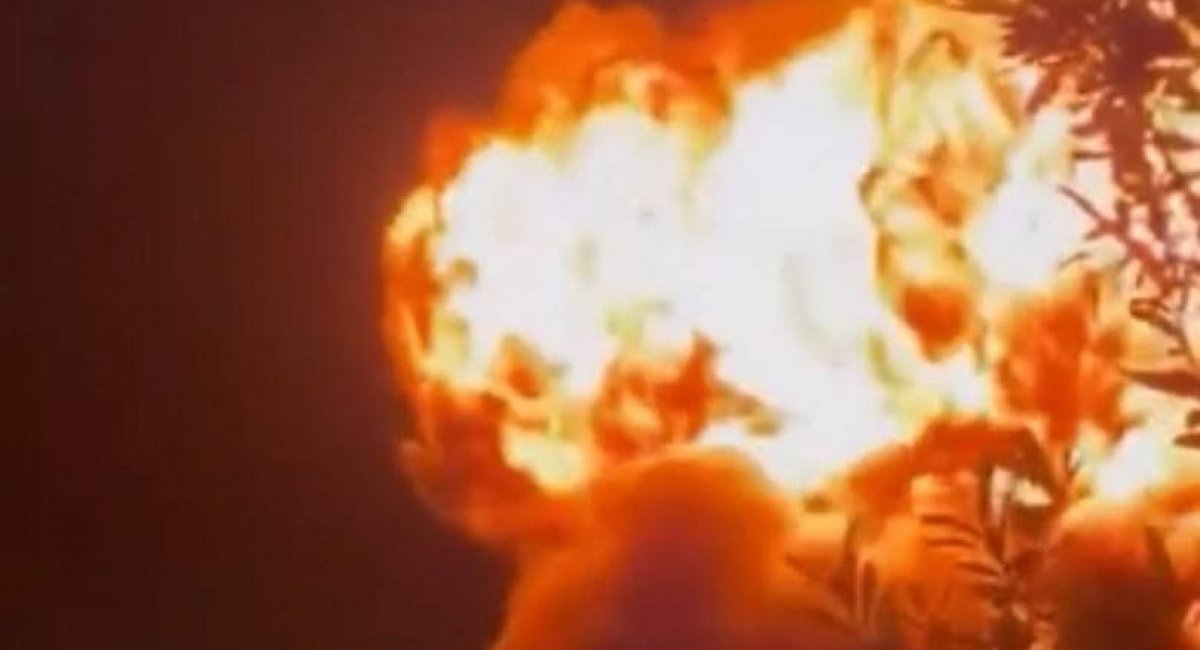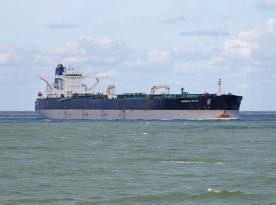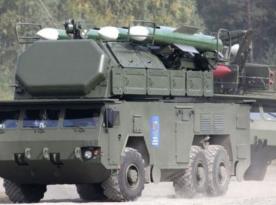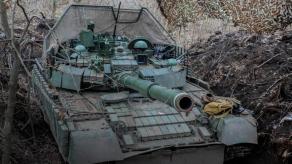On the morning of August 28, a powerful explosion rocked the Tver railway junction in russia, destroying key infrastructure at the station. The attack, attributed to Ukrainian intelligence efforts, marked another strike against russia's military logistics network.
According to sources in Ukraine's Defense Intelligence, the blast occurred at approximately 05:00. Video evidence obtained by Ukrainian operatives shows that explosives were planted beneath fuel tankers positioned on the tracks. These tankers were reportedly filled with fuel, turning them into a massive fireball upon detonation.
Read more: Ukrainian Defense Intelligence Drones Strike russian Buyan-M Corvette, Disrupting Planned Kalibr Missile Attack
Once the charge was remotely detonated, a violent explosion engulfed the tankers, sparking an inferno that spread rapidly across the station. Flames consumed much of the infrastructure, causing widespread damage and disrupting operations at one of russia's key rail nodes.
Sources in Ukrainian intelligence emphasized that the strike was not random but part of a broader campaign aimed at crippling russia's logistical backbone. The Tver station plays a significant role in transporting fuel, ammunition, and personnel to support the Kremlin's war effort against Ukraine. By eliminating such hubs, Ukraine aims to weaken russia's capacity to sustain its military presence on the frontlines.
The incident highlights a growing pattern of sabotage and targeted strikes against russian infrastructure deep beyond the front lines. Similar attacks have underscored the vulnerability of russia's vast transport and supply networks to precision operations carried out by Ukrainian operatives or local resistance groups.
Rail infrastructure has long been a critical lifeline for the russian military, especially for moving large volumes of fuel and munitions to temporarily occupied territories. The destruction at Tver not only delivers an immediate setback but also forces russia to reroute supplies through less efficient channels, adding delays and logistical complications.
As Defense Express previously reported, in August 2025, Ukraine intensified its campaign against russian oil infrastructure, carrying out more than 10 precise strikes on major refineries across the country, some situated as far as 1,000 km from the frontlines. These hits are part of a methodical effort to cripple the logistical support feeding Moscow's war machine.
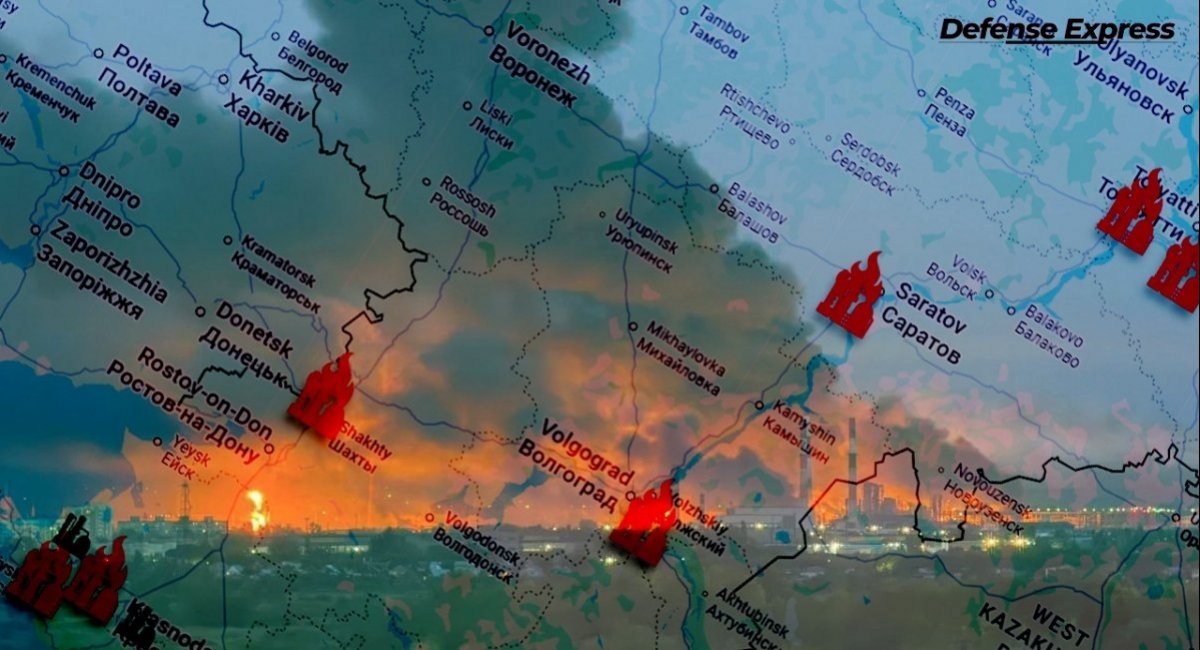
Read more: Ukraine Is Systematically Striking All Major russian Refineries At Distance of Up to 1000 km (Map)




